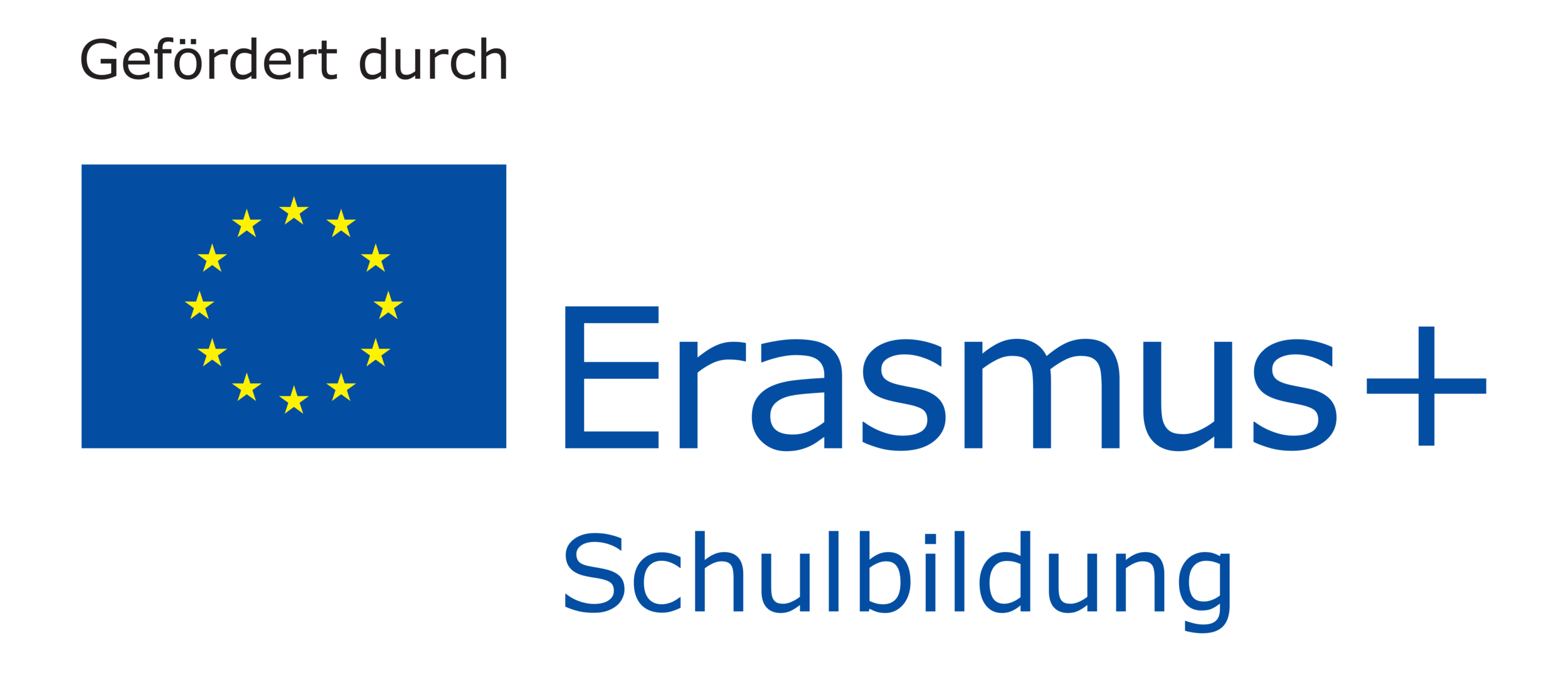Language Acquisition In Early Childhood and The Effects On a Child‘s Sense of Self
Language acquisition in early years is not an isolated process but ties into a holistic process of the child’s individual development. When a child acquires a first language or second language, it is not only a linguistic issue but influences and alters a child’s sense of self. The reason for this lies in the fact that language is one of the main means of self-expression. For a child to acquire general language skills is a milestone in her overall development and exhilarates many other processes in the development. In the developmental area of the self, language is the most obvious means for communication and social interaction. For the child, it is necessary to develop language in order to bring her internal view of the world to the outside and express this view. As a result of this ability to express the self and personal views, acquiring language empowers the child to a large extent. It provides a tool to connect the mind to the outside world. The child is now able to actively engage in social interaction and manifest a sense of self. Language enables the child to gain self-confidence, self-awareness, autonomy and independence through the ability to verbalise needs, wishes, boundaries, preferences, dislikes and anything that determines the self. The child’s identity is largely shaped by experiences she has encountered in her life as well as her verbalised sense of self. The child is then able to determine her very personal and unique sense of self and express it through language. As seen in the example of Fola and her story, the different languages she speaks serve different functions for her and come together as a kaleidoscopic picture. Because Fola’s story is unique to her, some children or other people might not be able to relate to her. This inability to relate and have things in common could lead to defensive or discriminating attitudes towards her and her family. Empowering Fola to feel comfortable with who she is, which languages she speaks, how she speaks or how she identifies herself and using her language to express these views is important for her development in a diverse setting.

